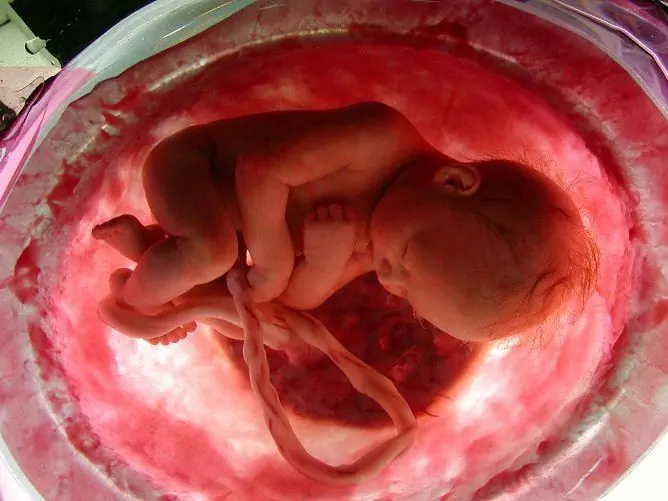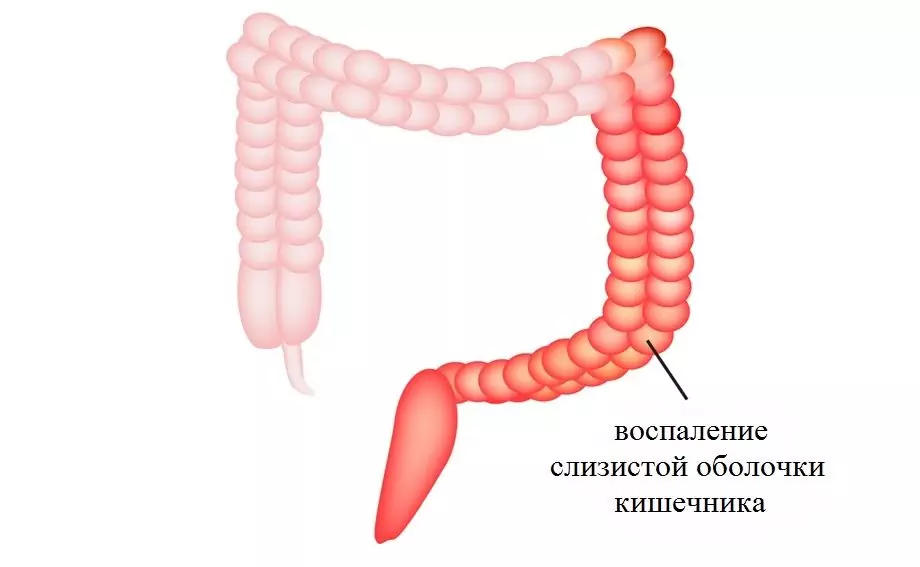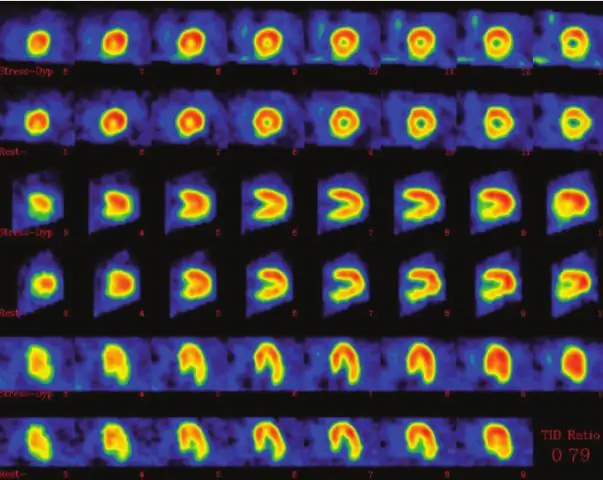- Author Rachel Wainwright wainwright@abchealthonline.com.
- Public 2023-12-15 07:39.
- Last modified 2025-11-02 20:14.
Rh-conflict during pregnancy

Rh-conflict during pregnancy is the incompatibility of the blood of the expectant mother and the blood of the fetus by the Rh factor. The conflict of Rh factors can manifest itself only in a woman with Rh-negative blood, if the fetus is Rh-positive. The probability of such a combination occurs in 8-9% of pregnant women, and only 0.8% of this number has a Rh-conflict.
Conflict of Rh factors
The Rh factor is an immunological property of blood, depending on the presence of a special type of protein, which does not affect the body and is hereditarily transmitted. The presence of antigen in erythrocytes (85% of the population) is a positive Rh factor, a negative Rh factor (15%) is the absence of antigen in erythrocytes. Throughout life, the Rh factor does not change.
The conflict of Rh factors manifests itself only in the case of direct blood contact, which is possible during pregnancy, in the event that the mother has Rh-negative blood, and the fetus has inherited a positive Rh from the father. Rh-conflict does not develop when a Rh-negative child is carried by a Rh-positive mother.
Antibodies formed in a woman's blood as a result of the Rh-conflict are present in her throughout her life. They are produced whenever a woman's Rh-negative blood comes into contact with any Rh-positive blood, enhancing the immune response. That is why the Rh conflict during pregnancy may not manifest itself if it is the first one. Sometimes problems occur in the last months of the first pregnancy, but they are usually minor. With each successive pregnancy, the mother's immune response increases as more antibodies are produced to the Rh-positive fetus. Penetrating through the placenta into the blood of the fetus, antibodies cause a hemolytic disorder - Rh-conflict. Its consequences can be:
- Spontaneous termination of pregnancy at different times;
- Premature birth;
- Stillbirth;
- Jaundice in newborns requiring blood transfusion.
Timely identification of Rh-conflict, thanks to modern methods of prevention and treatment, can significantly reduce the risk of such consequences.
Rhesus conflict, symptoms
On the body of a Rh-negative pregnant woman, Rh-conflict with her fetus is not reflected. If the expectant mother has a negative Rh factor, the father of the child is Rh positive, and antibodies to the Rh factor are found in the woman's blood, a fetal examination is necessary.
In Rh-conflict, the symptoms of hemolytic disease of the fetus are detected on ultrasound and may be as follows:
- Puffiness and accumulation of fluid in cavities - chest, abdominal, pericardial sac;
- Enlargement of internal organs - heart, liver, spleen;
- Visual bifurcation of the fetal head contour is the result of soft tissue edema;
- Thickening of the placenta and an increase in the diameter of the umbilical vein due to placental edema;
- The fetus, instead of the "embryo position", takes the "Buddha pose" - the limbs are set aside from the tummy enlarged by the accumulated fluid.
If a blood test determines the presence of anemia, reticulocytosis, erythroblastosis, jaundice in the fetus, these are also symptoms of Rh-conflict.
In the most difficult cases of Rh-conflict, fetal dropsy and edematous syndrome of the newborn develop, which can lead to stillbirth or the death of an already born child.
Rh-conflict during pregnancy
In the presence of a negative Rh factor in the expectant mother and a positive one in the father, in order to establish the Rh conflict, during pregnancy it is necessary to make a blood test of the pregnant woman for antibodies to the Rh factor. The analysis is done before 28 weeks from conception, when antibodies can begin to be synthesized in the current pregnancy.

The activation of the immune system by Rh-positive blood in a woman occurs in the following cases:
- Previous pregnancies and childbirth, if the fetus was Rh positive;
- Miscarriages, medical abortions, ectopic pregnancies and bleeding in Rh-positive pregnancies;
- Receiving Rh-positive blood through transfusions;
- Undergoing invasive prenatal tests - amniocentesis, chorionic biopsy.
Antibodies, which are formed in all cases, accumulate in the woman's body. During pregnancy, they penetrate the placenta into the blood of the Rh-positive fetus and, due to the Rh-conflict, destroy red blood cells - erythrocytes.
The doctor can determine the onset of the Rh conflict during pregnancy and assume the Rh factor of the unborn child only with regular monitoring of the blood test from the woman's vein for antibodies. Such an analysis in Rh-negative pregnant women up to 32 weeks is carried out once a month, up to 35 weeks - 2 times a month, and up to childbirth - weekly.
How to reduce the negative consequences of the Rh-conflict for the unborn child is decided by a qualified specialist, taking into account the results of blood tests of the expectant mother and the condition of the fetus. The use of the following therapeutic and prophylactic measures, individually or in combination, makes it possible to give birth to a healthy child with Rh-conflict:
- Vaccination of the mother with anti-Rh immunoglobulin in all cases of contact of her Rh negative blood with Rh positive blood (after abortion, previous childbirth, miscarriages). The drug binds the formed antibodies and removes them from the body;
- Prophylactic vaccination with anti-Rh immunoglobulin of a pregnant woman in the current pregnancy, starting at week 28, or within 72 hours after bleeding, amniocetosis;
- Cordocentesis - intrauterine blood transfusion through the umbilical cord to the fetus;
- Activation of preterm labor, due to the condition of the fetus;
- Substituted blood transfusion for a newborn;
- Phototherapy of a newborn under special blue lamps.
The key to the birth of a healthy baby with Rh-positive blood in an Rh-negative mother is to contact an antenatal clinic in a timely manner, preferably even at the stage of pregnancy planning. A qualified doctor will determine the necessary measures to prevent the development of Rh-conflict.
Found a mistake in the text? Select it and press Ctrl + Enter.






